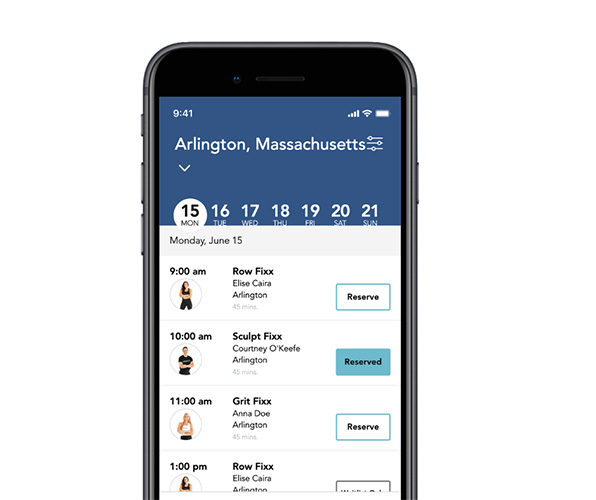Summertime Produce: Organic vs. Conventional
Yes, I am usually the “crazy girl” checking to see if the produce is organic before I grab a strawberry from a friend’s house or we choose a lunch spot. This is because we are now living in a world that we have to label foods as “conventional” and “organic” – to differentiate between the levels of pesticides and chemicals sprayed on to your food. Have you ever watched a video or seen a picture of someone picking your produce?! The workers have to basically wear a hazmat suit to protect themselves – yet they ship the food to our grocery stores for us to eat.
So if it is “crazy” to be completely freaked out by that fact – I fully accept it.
It is important for us to be aware of what we are eating, and knowledgeable of the different options for us when we are shopping. Unfortunately, it can get expensive to buy organic, so you need to be aware of what foods are more important to buy organic and which ones are okay to buy conventional.
First and foremost, I always buy fresh produce that is in season. This will mean it will be fresher, more flavorful, and better priced! From there, I will try to see what is on sale and whether it is organic or not. Below, I have mapped out a chart of what seasonal produce you should buy organic.
| Organic: | Non-Organic is OK: |
| -strawberries | -pineapple |
| -nectarines | -cantaloupe |
| -spinach | -asparagus |
| -grapes | -mangoes |
| -tomatoes | -kiwi |
| -peppers | -onions |
| -potatoes | -avocados |
There are have been numerous studies on the difference between organic and conventional produce. It been discovered that conventional foods contain high levels of pesticides, insecticides and many other damaging chemicals. In addition, conventional produce actually loses a lot of its nutritional value.
Summer is a great season to also have the option to buy local produce. One of my favorite things about living in this area is being able to support local farmers at the Wakefield & Arlington Farmers Markets. Both markets offer a variety of fresh, local produce and the farmers are always willing to talk to you about their methods of maintaining their produce so you know how much chemical exposure, if any, there has been to the crops.
There also numerous local farms that you can drive to and pick your own blueberries, strawberries and raspberries! Just a few of my favorite summertime treats.
So, when it comes to shopping smart – there are a few necessary choices you should try to make. Use this chart to help you next time you are heading to the grocery store. Or try shopping at one of our many local farmers markets. Shop clean and shop smart!






